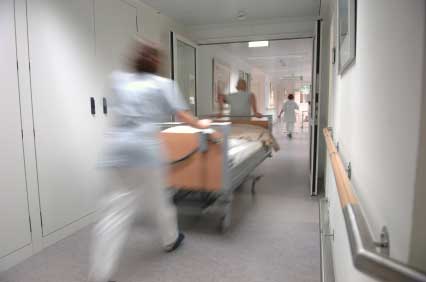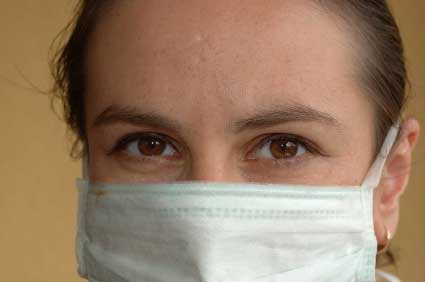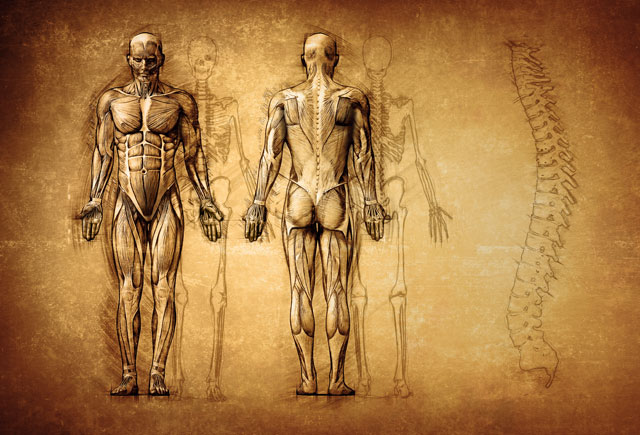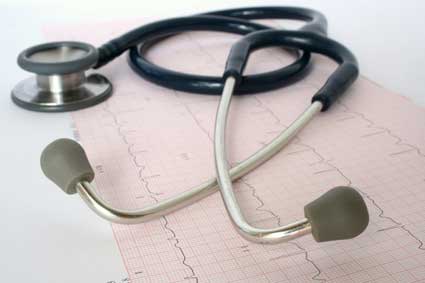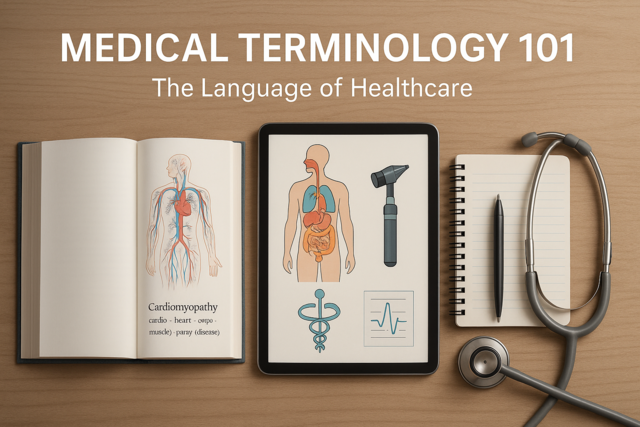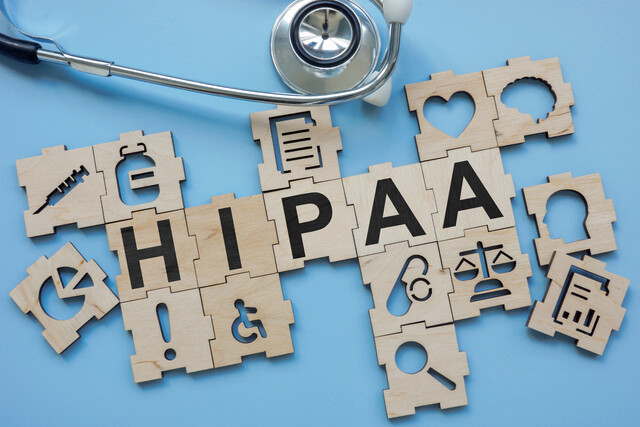Hospitals
The use of nursing assistants varies widely from department to department and from hospital to hospital. Many hospitals use nursing assistants on general wards for everything from taking vital signs and ADL's to stocking all of the necessary supplies on each floor. They may also collect paperwork and charts at the beginning and end of shifts and enter information into the computer database. Intensive Care Units (ICU's) are less likely to use nursing assistants because of the need for constant medical monitoring of high-risk patients. The use of nursing assistants in maternity and obstetric wards varies from hospital to hospital as well.
Some hospitals hire nursing assistants and will, after a specified period of service, train them as scrub technicians so that they can assist in sterile rooms or operating rooms performing tasks such as preparing surgical instruments.
A hospital will expose you to variety of different situations and experiences. In many cases you may be borrowed from the department you usually work to fill in on another floor when it is short-staffed or has an overflow of patients. Hospital labs also frequently employ nursing assistants to obtain patient information, run specimens from the lab to various sections and input information into the lab's database.
Hospices
The nursing assistant in a hospice facility is a very special person. She offers compassion and care to patients who are terminally ill, which is perhaps the most challenging work any type of health care professional will encounter. The focus of hospice is not to cure illness, but to alleviate or lessen the severity of the symptoms and provide comfort in a patient's final days.
By providing comfort and pain relief, hospice facilities aim to improve the quality of life and enable the patient to resolve any family, spiritual or psychological issues before death. Hospice facilities also provide support and caring to the family and friends of their patients.
It can be challenging to provide the intense care a hospice patient requires. In addition to activities of daily living and monitoring of overall health, there is the commitment to provide emotional support during a time when the patient and his or her family are extremely vulnerable. It is also one of the most rewarding types of service a nursing assistant can provide, because she will help her patients face death with grace, dignity and as little pain as possible.
Nursing Homes
More nursing assistants are employed in nursing homes than any other single type of facility in the United States. The patients in nursing homes require constant care and have significant deficiencies in the area of activities of daily living. Beyond nursing care, many also provide rehabilitation and physical therapies.
During any twenty-four hour period, there must be at least one licensed nurse on duty, and during at least one eight hour period of each 24 hours, there must be a Registered Nurse on duty.
Very similar to a nursing home is a skilled nursing facility. A skilled nursing facility focuses primarily on rehabilitation so that the individual patient can eventually leave the facility and return to his or her own independent living arrangement. Skilled nursing facilities are often affiliated with a hospital.
An assisted living facility provides a safe residential environment for those who can no longer live on their own, but do not yet need the level of care and continuous nursing they offered by a nursing home.
Nursing assistants in assisted living facilities generally provide support to patients in the completion of their daily tasks. The residents usually have their own apartments, and there is no medical monitoring equipment or 24-hour nursing staff.
In this environment, the nursing assistant's duties include escorting residents to the dining halls and community areas, helping them participate in activities, providing assistance with dressing and grooming, reminding them to take their medications, housekeeping and laundry.
Private home care
The guidelines for private, in-home care aren't as stringent as they are for public or private, licensed facilities. Not everyone who provides private home care is required to be certified in most states, but family members are increasingly hiring CNA's to fill these positions because of their experience and education.
Private home care is often needed for patients who are in need of nursing care but have chosen not to enter a nursing home. Sometimes these are live-in positions where you become not only the nursing assistant providing assistance with activities of daily living, but a companion who may provide transportation and companionship to your patient. Because of the one-to-one situation, these relationships usually result in a strong bond between the patient and the caregiver.
Temporary Care Services
Temporary care service providers range from local businesses with small staff to national organizations like Kelly Care. They all provide a variety of temporary nursing assistance to individuals, often as a sort of intermediate step between hospital care and independent living.
When a patient leaves a hospital or assisted living environment but still needs some help for a period of time, a nursing assistant can be hired through a temporary care service. The options range from a full shift to simply checking in on the patient twice a day to help them with grooming, dressing and the other essentials and perhaps to check their vital signs to report back to their doctor. Some assignments may only last a week while others can last for months.
This glossary is a guide to some of the most common medical terms you may encounter during your role as a nursing assistant. Understanding these terms will help you to perform your duties more efficiently and provide the most effective care to your patients. It is by no means a complete list of terms you will come across, but it is a good quick reference.
Adhesion -- The sticking together of two surfaces of an organ. Scar tissue often causes adhesions in areas such as the intestines or other organs and can sometimes lead to obstruction or pain.
AIDS -- Acquired Immunodeficiency Syndrome. The full-blown disease caused by the HIV virus, damaging the immune system and leading to a variety of illnesses.
Alzheimer's disease -- A common cause of dementia, usually found in people of advanced age. It is the chronic, generalized deterioration of the brain leading to intellectual decline, memory loss, confusion and mood swings. In advanced stages it can also cause problems with motor coordination.
Antibiotic -- A natural or synthetic drug used to kill or inhibit the growth of microorganisms. Used in the treatment of a variety of common bacterial infections.
Aphasia -- Inability to express oneself through speech
Artery -- A blood vessel carrying blood away from the heart and to the parts of the body
Aspiration -- Removing fluid from a cavity with suction
Atrophy -- The wasting of a portion of the body, usually from lack of use. Muscle atrophy is a common problem in the elderly if they do not get regular range of motion exercise.
Bell's Palsy -- Temporary loss of feeling and/or movement in one side of the face. It usually causes an inability to close the eye or mouth or both on the affected side.
Canker -- A sore on the inside of the mouth or the lip
Cancer -- Any one of dozens of diseases caused by unchecked growth of abnormal cells.
Carbuncle -- A hard, pus-filled infection of the skin. They are larger than boils and often have more than one opening which drains the infected pus. They are extremely painful.
Catheter -- Small, sterile tubing device inserted into the bladder to allow drainage of urine.
Chemotherapy -- Treatment with anti-cancer medications, which can be administered orally, intravenously or with an implant
Clammy -- cold and moist. This term is often used to describe the skin of a patient and is usually an indication of a serious health problem.
Code Blue -- The standard code called to alert staff of an immediate medical emergency -- such as when a patient has stopped breathing and his heart has stopped beating.
CPR -- Cardiopulmonary resuscitation. The procedure used to revive a patient when breathing and circulation have stopped. It uses a combination of breathing through the mouth into the lungs of the victim and chest compressions.
Debridement -- Removal of infected or dead (necrotic) tissue from a wound
Decubitus -- A bed sore or pressure ulcer
Defibrillator -- An electronic medical device used to shock an irregular heart beat back into a normal rhythm. A defibrillator is the major component of what is often referred to as a "crash cart."
Dehydration -- Excessive loss of body fluids, characterized by dizziness, weakness and lethargy. It can be life-threatening especially in infants and the elderly.
Dementia -- Progressive mental deterioration caused by a number of mental diseases.
Diabetes -- A chronic condition in which the body cannot produce insulin or produces an insufficient amount of insulin to break down sugars in the blood. It must be controlled by a restricted diet and sometimes medication.
DNR -- Do Not Resuscitate. A determination made by a patient that must be stated in a legal document kept on file at a facility. It indicates a patient's wishes that no extraordinary measures be taken to revive them if their breathing or heart stops. This includes not performing CPR.
ECG -- One abbreviation for electrocardiogram, although EKG is more commonly used in the United States. See EKG for more information.
EEG -- Electroencephalogram. A test measuring the electrical activity in the brain, often used to evaluate conditions such as epilepsy, sleep disorders and coma or brain death.
EKG - Electrocardiogram. A test measuring the electric voltage produced by the heart and used to diagnose and monitor a variety of heart problems.
Emphysema -- Chronic lung disease causing labored breathing and shortness of breath. It is caused by loss of elasticity in the lung tissue, which traps air pockets in the lungs.
Febrile -- Caused by a fever or feverish (usually referring to a high fever).
Fibrillation -- A series of rapid, uncoordinated contractions of some part of the heart muscle causing irregular heart beats. In some cases, especially ventricular fibrillation (irregular, rapid beating of the lower part of the heart), it is fatal.
Gait belt -- A wide belt fastened around the waist of a patient with limited mobility in order to aid in transferring them from one location to another, such as from a wheelchair to a bed.
Gout -- A form of arthritis that results in the formation of painful uric acid crystals in the body, especially in the hands, feet and toes.
Hematoma -- A mass of coagulated blood in the soft tissues of the body. Often it is the result of a bruise or injury that has not drained.
Hemorrhage -- The escape of blood from blood vessels; excessive bleeding.
Hypertension -- high blood pressure
Hypotension -- low blood pressure
Incontinence -- the inability to retain urine or feces, resulting in bedwetting or soiling.
Influenza -- A serious respiratory illness that is contagious and usually occurs during the winter. Influenza can last for two weeks or more and result in significant weight loss. The recovery period can be lengthy and the patient may have continued bouts of fatigue during this period.
Insulin -- A hormone secreted by the pancreas that regulates the level of sugars in the blood. Synthetic insulin is needed by diabetics.
Intravenous -- One way of delivering medicine into the body by infusing it directly into the vein either with a needle or through a catheter.
Irrigation -- Washing a wound or cavity of the body by directing a stream of water over it.
Laceration -- A wound caused by the cut of a sharp instrument of the tearing of tissues, usually the tissues on the surface of the body
Lethargy -- A descriptive term indicating apathy, sluggishness and dullness of mental acuity. A marked lack of energy
LPN -- Licensed Practical Nurse. An LPN has completed a minimum of one full year of training and passed the NCLEX-PN exam. She has can perform some duties beyond those of a nursing assistant, but must also report directly to an RN.
Malnutrition -- Undernourishment resulting from an improper diet or an inadequate diet.
Nebulizer -- A medical device that produces a fine mist to be inhaled by a patient. Used in the treatment of a variety of ailments, including acute bronchitis and asthma attacks.
Occupational therapy -- Rehabilitation and healing focused on the teaching of useful skills to patients who are disabled or injured.
Osteoporosis -- Reduction of bone density that leads to a greater risk of fracturing. Usually found in women who are past menopause and the elderly.
Ostomy -- A surgical procedure to make a passage for waste out of the body, such as a colostomy.
Pallor -- Excessively pale skin.
Palpitations -- The feeling that the heart is beating too fast or too strong, like it will "jump out of the body."
Parkinson's disease -- A progressive, degenerative brain disease that causes muscle tremors and stiffness. The severity can be lessened with medications, but it isn't curable and becomes more pronounced with time. More common in the elderly.
Pulse -- The beating of the heart against the artery walls. Pulse is measured in beats per minute, usually in the wrist, bend of the elbow or at the base of the neck.
Quarantine -- A medical restriction or isolation of a patient to prevent the spreading of a communicable disease.
Radiation therapy -- Cancer treatment using large doses of radiation. It may be administered by X-rays, radium or cobalt
RN -- Registered nurse. A registered nurse may have either an associate's degree, bachelor's degree or master's degree in nursing. They can give medications and do a variety of other duties and report directly to the doctor in charge in most facilities. They are also generally in charge of oversight of LPN's and CNA's.
ROM -- Range of Motion. In nursing, it usually refers to exercises performed to prevent atrophy and loss of mobility in patients.
Seizure -- Uncontrolled spasms of the muscles in which they contract or relax repeatedly.
Stridor -- A squeaking, harsh sound, sometimes likened to a rattle, heard in the throat when the larynx is blocked.
Tachycardia -- An abnormally rapid heart beat.
Thrombosis -- The formation of a blood clot in the heart or a blood vessel. Is often a medical emergency.
Varicose veins -- Swollen, raised veins that have a knotted appearance, especially in the legs. Can become painful over time.
















